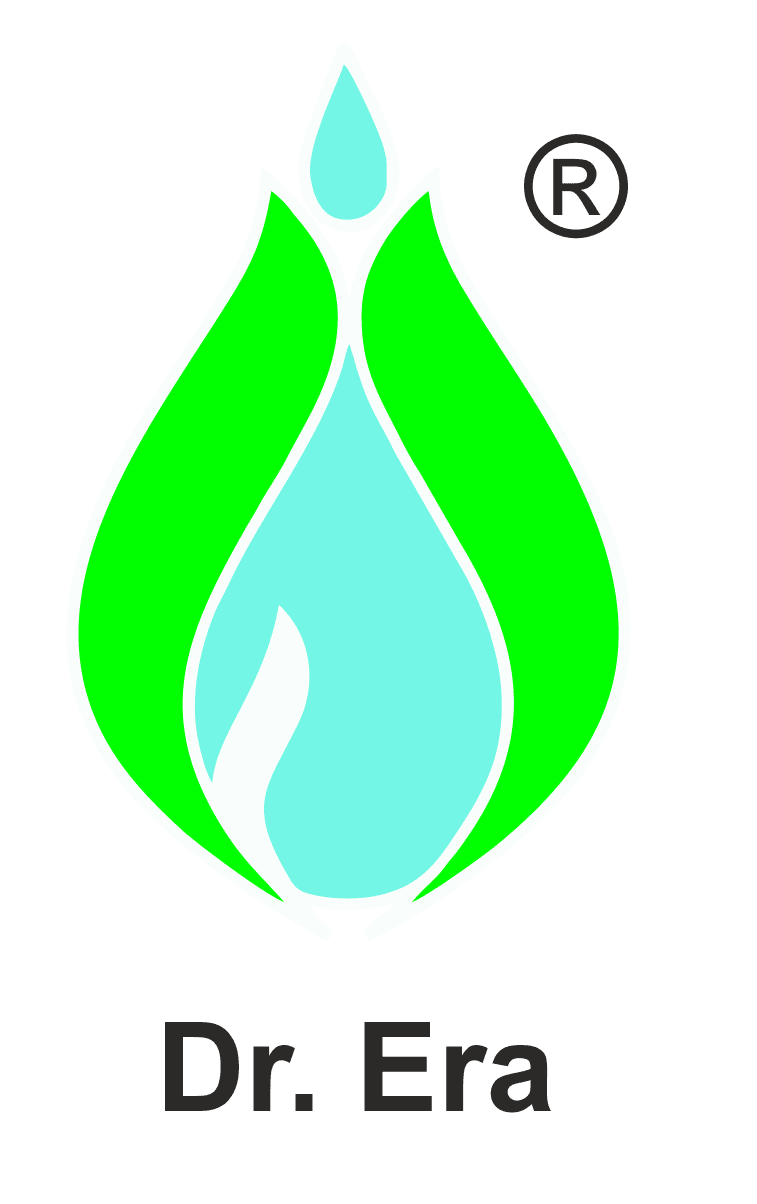Myth-Busting: Common Misconceptions About Homeopathic Pharmaceuticals
Understanding Homeopathic Pharmaceuticals
Homeopathic pharmaceuticals have been a topic of much debate and discussion over the years. With roots dating back to the late 18th century, homeopathy is a system of alternative medicine that has garnered both avid supporters and staunch skeptics. In this blog post, we'll explore some common misconceptions about homeopathic pharmaceuticals and provide clarity on what they truly entail.

Homeopathy vs. Conventional Medicine
One of the biggest misconceptions is that homeopathy is the same as conventional medicine. While both aim to treat health conditions, their approaches are fundamentally different. Homeopathy is based on the principle of "like cures like" and uses highly diluted substances to stimulate the body's natural healing processes. In contrast, conventional medicine often relies on pharmaceuticals designed to target specific symptoms or pathogens directly.
It's crucial to understand that homeopathy does not replace conventional treatment but can be used as a complementary approach. Patients should always consult with healthcare professionals before making any changes to their treatment plans.
Effectiveness and Scientific Evidence
Another common misconception is that homeopathic remedies lack scientific evidence and are therefore ineffective. While it's true that homeopathy operates on principles that differ from those of conventional medicine, there is a body of anecdotal evidence and some clinical studies supporting its effectiveness for certain conditions.

However, the scientific community remains divided, with some studies showing positive results and others indicating no significant difference compared to placebos. It's important to approach such claims with an open mind while remaining critical of the sources and quality of research.
The Safety of Homeopathic Pharmaceuticals
Many people believe that because homeopathic pharmaceuticals are natural, they are entirely safe. While homeopathic remedies are generally considered safe due to their high dilution levels, it's essential to use them responsibly. Taking large amounts or combining them with other medications without guidance can lead to unintended effects.
- Consult a Qualified Practitioner: Always seek advice from trained professionals when considering homeopathic treatments.
- Be Aware of Interactions: Understand potential interactions with other medications, even if they are natural.
- Monitor Your Health: Pay attention to any changes in your health when using homeopathic remedies.
Myths About Regulation and Quality Control
A prevalent myth is that homeopathic medicines are not regulated or held to quality standards. In reality, many countries have stringent regulations governing the production and sale of homeopathic products. These regulations ensure that products meet safety and efficacy standards before reaching consumers.

In the United States, for instance, the Food and Drug Administration (FDA) oversees the marketing of homeopathic drugs, requiring compliance with specific guidelines. This oversight helps maintain product integrity and consumer trust.
The Role of Placebo Effect
The placebo effect is often cited as a reason for any perceived effectiveness of homeopathic treatments. While the placebo effect can play a role in how patients perceive their health improvements, it is not unique to homeopathy. The power of belief and expectation can influence outcomes in both traditional and alternative medicine.
Understanding this effect is crucial for both practitioners and patients. Recognizing its potential impact allows for more informed decisions about treatment options and the role of psychological factors in healing.
Conclusion: Informed Choices Matter
In conclusion, navigating the world of homeopathic pharmaceuticals requires an understanding of both its principles and the misconceptions surrounding it. By dispelling myths and seeking reliable information, individuals can make informed choices about their health care. Whether considering homeopathy as a complementary treatment or exploring its efficacy, it's essential to remain open-minded yet critical, ensuring decisions are based on accurate knowledge and expert guidance.
